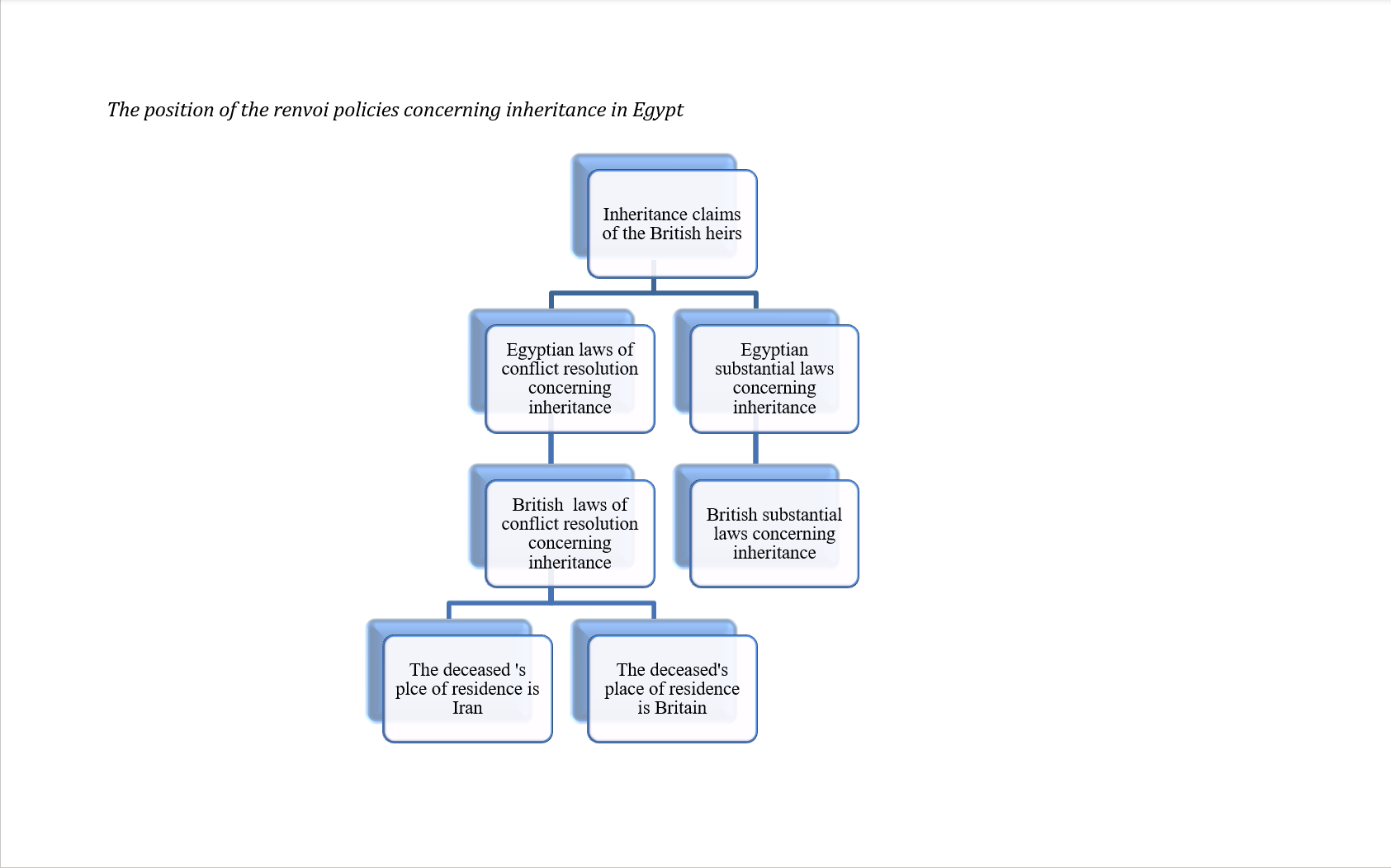The Role of Religion in the Conflicts of Inheritance Laws in the Legal Systems of Iran, Egypt, and England
Keywords:
inheritance, the deceased, rule of conflict resolution, national law, the law of domicile, Islamic lawAbstract
In the private international law of Iran and Egypt, due to the significant influence of Islamic law and the French legal system, the law governing inheritance is the law of the deceased's nationality. However, in English private international law regarding inheritance, there are two conflict resolution rules: one for movable property and the other for immovable property. Accordingly, the governing law for movable inheritances is the law of the deceased's residence, while immovable inheritances are subject to the law of the location of the property. Given that inheritance and its related matters are a delicate blend of law and religion, it is essential for legislators to give serious consideration to the central role of individuals' religion when establishing substantive rules in the conflict of laws governing inheritance. Such consideration is often overlooked in English law and, to some extent, in the laws of Iran and Egypt concerning inheritance.
Downloads






